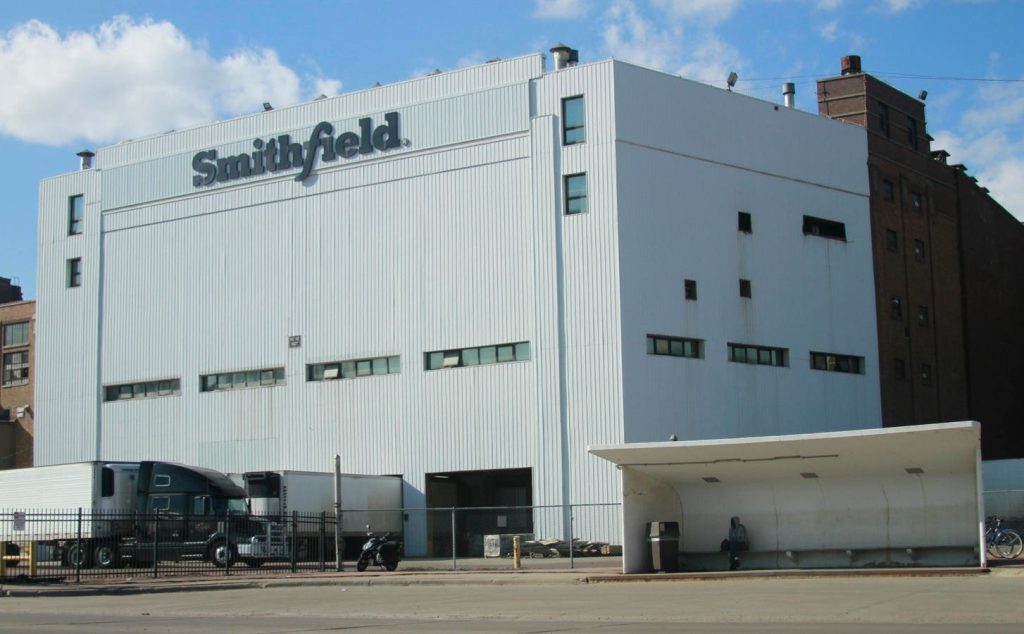A recent report by Cornell University has challenged the notion that China owns a significant amount of American farmland. The study found that countries categorized as “adversaries” by the U.S. government, including China, hold only 1% of the roughly 40 million acres of foreign-owned farmland in the country. This information contradicts the claims of some politicians, such as former South Carolina Governor Nikki Haley, who have called for China to sell all of its land in the U.S.
Neighboring Canada actually ranks at the top of the list of foreign countries with ownership of U.S. agricultural land, holding about a third of the land. This ownership includes substantial forestland in states like Maine and Michigan, which border Canada. The federal government does not have a ban on foreign land ownership in the U.S., but there are regulations in place, such as the Agricultural Foreign Investment Disclosure Act of 1978. This act requires foreign investors to report any acquisitions, transfers, or interests in U.S. agricultural land to the secretary of agriculture.
There has been increased political attention and state-level legislation regarding foreign ownership of U.S. farmland, prompting researchers like Wendong Zhang to investigate the facts and dispel rumors. Zhang, a co-author of a paper on the subject, acknowledges the need for scrutiny and concern regarding foreign purchases of farmland. While the share of foreign-owned land has increased over the past two decades, the overall percentage remains relatively low.
Chinese investors, including companies like WH Group and individuals like Chen Tianqiao, have made significant purchases of U.S. farmland in recent years. However, these investments have undergone scrutiny and legal reviews to ensure compliance with regulations. Long-term leasing, particularly for renewable energy development, has been a major driver of foreign interests in American farmland. Chen Tianqiao, who owns a substantial amount of forestland in Oregon, has been proactive in following legal requirements for his land acquisitions.
Overall, the report from Cornell University challenges the narrative surrounding Chinese ownership of U.S. farmland, highlighting that the actual percentage of foreign-owned land by “adversary” countries is minimal. While there are concerns about foreign acquisitions of American farmland, the research suggests that the situation may not be as dire as some critics suggest. With increased scrutiny and regulations in place, the impact of foreign ownership on U.S. agriculture remains a topic of ongoing debate and study.


